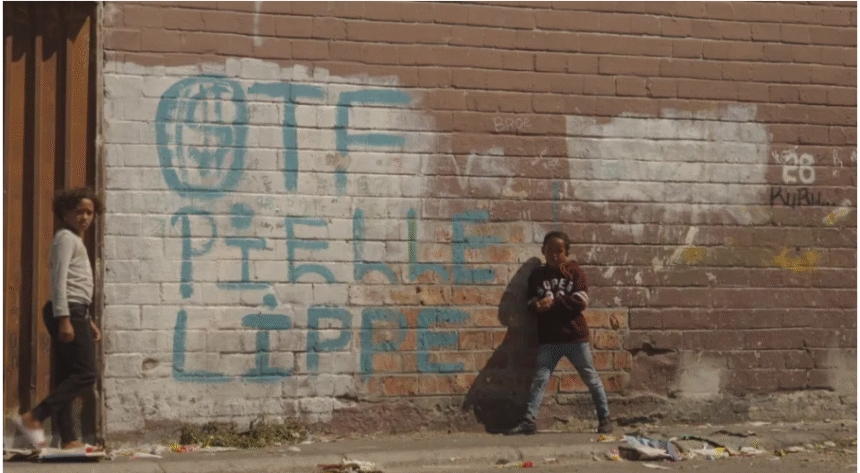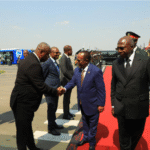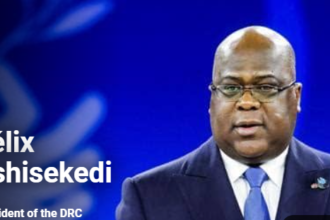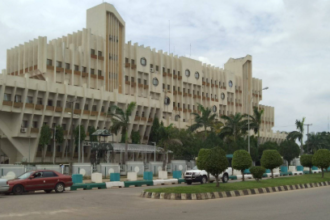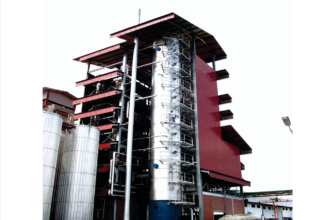By Daniel Niyongabo
Cape Town, South Africa – South Africa’s major cities are battling a surge in gang violence, with innocent young people increasingly caught in the deadly crossfire. In Cape Town, the Cape Flats area has become synonymous with gang warfare, leaving countless families to endure nightmares despite assurances from the police of increased patrols.
The statistics paint a grim picture. The Western Cape province, where the Cape Flats are located, consistently reports the highest number of gang-related murders in South Africa, according to official police figures. While the government recognizes this as a priority, efforts to combat the violence have yielded limited success. President Cyril Ramaphosa established a special unit in 2018 and even deployed the army briefly the following year, but the killings continue unabated.
Experts attribute the problem’s persistence to a complex interplay of historical factors and socio-economic conditions. “There’s a whole history and generations of people who have been born into these gangs,” explains Gareth Newham, head of the Justice and Violence Prevention programme at the Institute for Security Studies in Johannesburg. He emphasizes that gangs thrive in neglected and underdeveloped areas, filling the void left by the state. “The gangs provide a form of social structure that actually provides services to the communities that the state doesn’t. They provide food for homes, money for electricity, transport, funerals, and even school fees.”
This deep entrenchment within the community makes it incredibly difficult for law enforcement to dismantle them. “They can use non-gang members’ houses to store drugs and store weapons,” adds Newham.
However, amidst the despair, there are individuals bravely working to address the issue. Fifteen kilometers from Wesbank, in Hanover Park, Pastor Craven Engel dedicates his life to mediating gang conflicts and stopping the violence fueled by the lucrative drug trade. His approach involves detection, interruption, and changing mindsets.
“Hanover Park doesn’t really have an economy to speak of,” says Pastor Engel. “The bulk of the economy comes out of the drug culture. That’s the biggest economy.” He argues that the legacy of apartheid, compounded by generational trauma manifesting as drug addiction and family breakdown, contributes to the problem.
“The substance [drug] creates unemployment, the substance creates robbery, it creates gang fights because of turfs. So, the substance sits in the middle of so many of the atrocities within the community,” he explains, estimating that around 70% of local children are living with some form of addiction. In this community of around 50,000, shootings and stabbings are a daily reality, disproportionately impacting young people who are both perpetrators and victims.
Mr. Newham warns that a solely policing-based approach is insufficient. “You might arrest people for being gang members, for having guns and for shootings and murders. They will go to prison, but then they get replaced by younger members. And that creates a whole different set of problems. They’re more likely to get into fights over territory and turf.”
The emotional toll is immense. “How does a kid get shot seven times in his head or three times in his back? How does a stray bullet hit a kid?” asks Pastor Engel, his voice filled with anguish.
Despite the daunting challenges, Pastor Engel tirelessly works to broker peace. He constantly calls community leaders and gang kingpins, attempting to de-escalate conflicts. While being interviewed by BBC Africa Eye, he successfully negotiated a ceasefire between two warring gangs, even reaching the jailed leader of one faction.
Even from behind bars, the threat of violence remains. “If I want something to happen then it still happens. Do you understand pastor?” the gang boss declared over the phone. “But I can tell you one thing. I’m a guy that likes to counter if I come under fire.”
Despite the threats, Pastor Engel remains relentless. He is a constant presence in his community, whether visiting parishioners or addressing his congregation. He is particularly concerned about the increasing recruitment of young children into gangs.
“I think that what makes it very, very terrible now is there are more children involved in the gangs, because gangs are recruiting between the ages of eight and 15 years old,” he says. The fight to protect these children and dismantle the cycle of violence continues, driven by the unwavering determination of community leaders like Pastor Engel.


